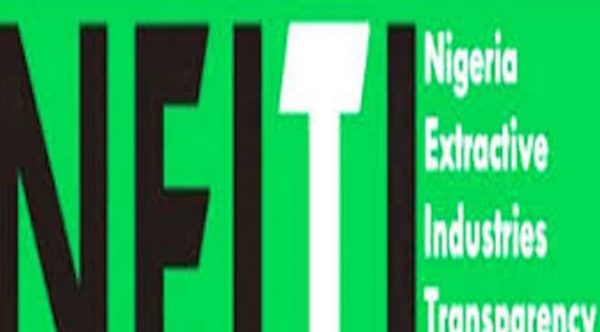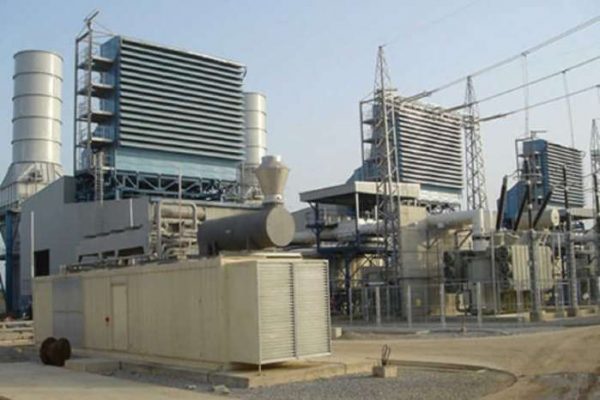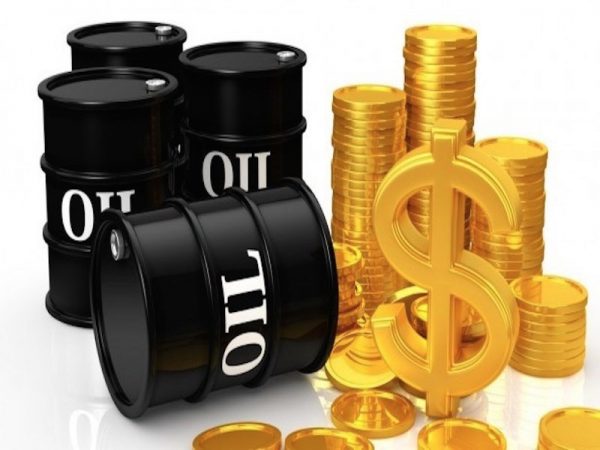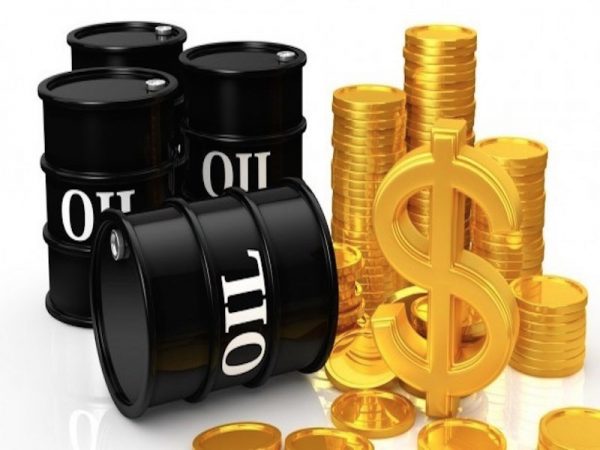NLPGA auto-gas boosts economy by N1tr
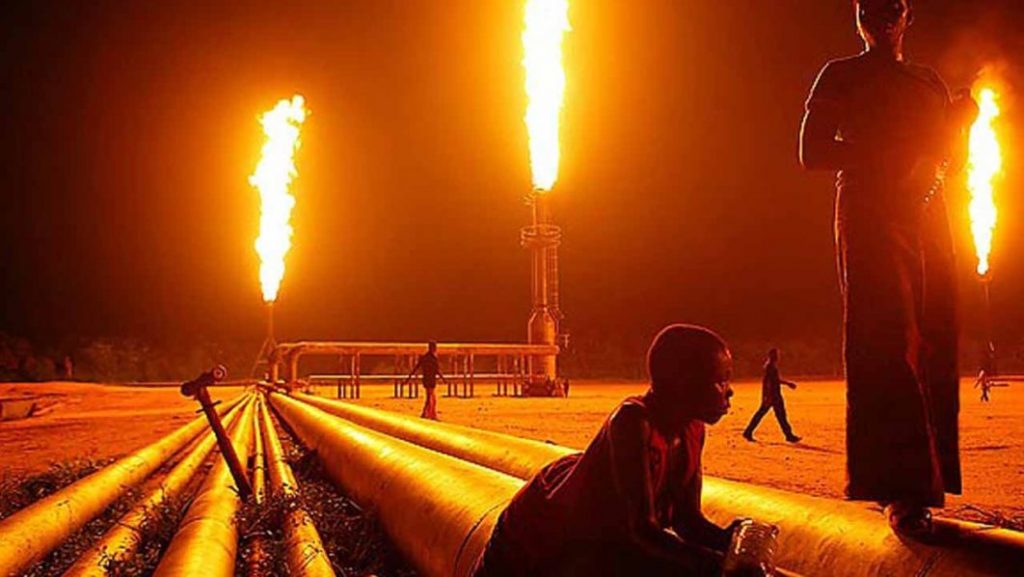
The Nigeria Liquefied Petroleum Gas Association (NLPGA), an umbrella body of members involved in the LPG value chain, has said Nigeria is expected to generate at least N1 trillion yearly from the adoption of autogas conversion.
Speaking at a press conference in Lagos, ahead of the association’s 13th yearly International Conference and Exhibition, the Second Vice President of NLPGA, Ladi Falola, said the unification of the Naira with the new Federal Government’s foreign exchange policy would in the long run help the gas industry with increased foreign direct investments from investors that are willing to explore the opportunities available in the sector.
The move, Falola said, would also provide the confidence of being able to repatriate their efforts.
Falola called on the Federal Government to come up with some incentives to drive the autogas conversion initiative as a matter of policy.
He said the initiative would serve the dual purpose of helping to cushion the impact of high energy costs exacerbated by the petrol subsidy removal and a boost to the country’s current push to transition to cleaner and more sustainable energy sources.
“If the government targets one million petrol vehicles, two million tricycles, five million petrol generators and all lories, incentives will range from N200, 000, N100, 000, N50, 000 and a duty levy and Value-Added Tax (VAT) waiver for 36 months’ window for vans and lorries respectively.
“Then interested investors will now look for the differentials to cover the typical conversion cost, which ranges from N300,000 to N400,000 for Petrol Vehicles, N100,000 to N200,000; N90,000 for petrol generators and N18 million (this is the cost differentials between a gas engine truck and a diesel engine truck).”
They harped that for petrol vehicles, CNG, LNG, propane autogas LPG are advised, while Butane and domestic LPG are suitable but may only be used under specific authorisation by the vehicle’s Original equipment manufacturers (OEM) which is not recommended, the four-stroke engine tricycles can accommodate CNG, LNG, propane, autogas LPG and butane while domestic LPG (cooking gas) is not ideal, while they emphasised that the four-stroke engine petrol generators must not use CNG, LNG and domestic LPG but can accommodate propane, autogas LPG and butane, noted that CNG and LNG are recommended for Vans and lorries.
President, NLPGA, Felix Ekundayo, said the public needs to further explore the usage of liquefied Petroleum Gas (LPG) other than cooking due to the rising cost of fossil fuels, alongside the rapidly increasing traditional form of energy generation through electricity as Service Based Tariffs (SBT) for electricity guided by the Nigerian Electricity Regulatory Commission (NERC) is expected to increase from reports based on floating of the naira and a spike in inflation.
“PwC Nigeria estimates that economic activities stimulated by the domestic utilisation of Nigeria’s recoverable proven gas reserves have the potential to generate a Gross Value Add (GVA) of $18.3 billion yearly to the domestic economy and $10.5 billion through direct economic value addition with LPG contributing $1.3 billion and its excess allied components Propane and Butane contributing a further $2 billion of this, which is in comparison to generating annual value of $7 billion,” he said.
The Executive Secretary of the association, Lanre Bayewu, during the announcement, said this year’s conference will look into autogas as the alternative to fuel subsidy which is a germane issue in the country with recommendations for the policy and rollout, technology in LPG, opportunities for the youth, lifestyle impact and economic empowerment for women, identifying financial incentives for the decade of gas, the petroleum industry act, multiplier effects in LPG sector and other issues.
Meanwhile, the association has warned the general public to desist from patronizing quacks in the conversion of petrol vehicles, and generators to autogas as part of the safety measures.
The association stressed that it will be training experts on the conversion and maintenance to ensure safety, and urged Nigerians to engage certified experts on conversion to reduce and avoid the risk of explosions.



